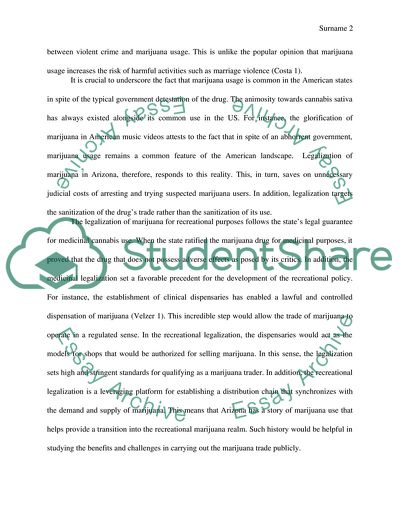Cite this document
(“Controversy Analysis Research Paper Example | Topics and Well Written Essays - 1750 words”, n.d.)
Retrieved from https://studentshare.org/english/1657569-controversy-analysis
Retrieved from https://studentshare.org/english/1657569-controversy-analysis
(Controversy Analysis Research Paper Example | Topics and Well Written Essays - 1750 Words)
https://studentshare.org/english/1657569-controversy-analysis.
https://studentshare.org/english/1657569-controversy-analysis.
“Controversy Analysis Research Paper Example | Topics and Well Written Essays - 1750 Words”, n.d. https://studentshare.org/english/1657569-controversy-analysis.


